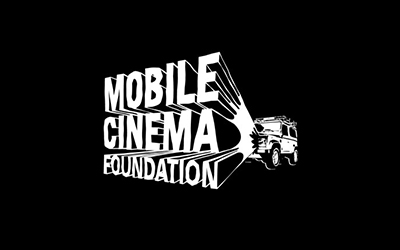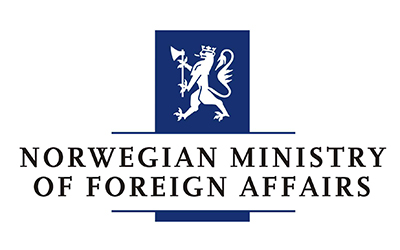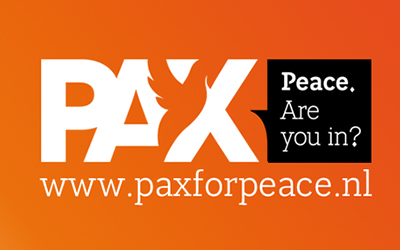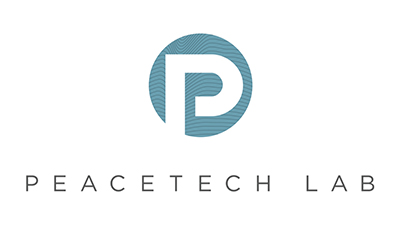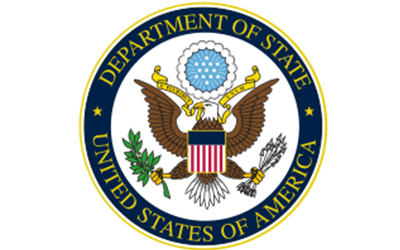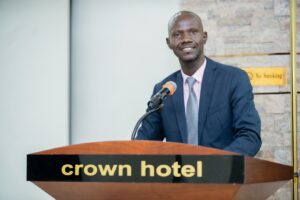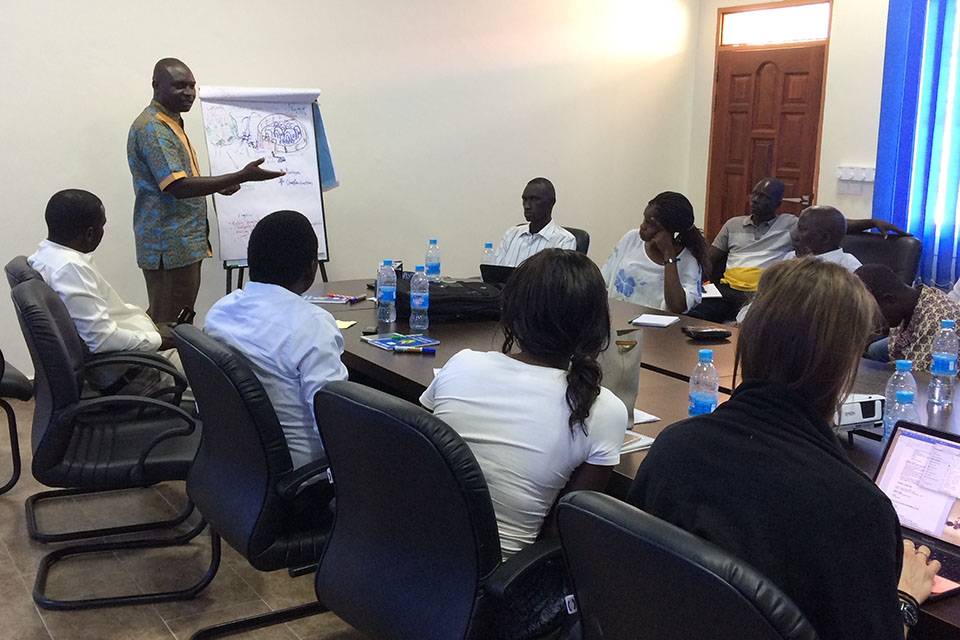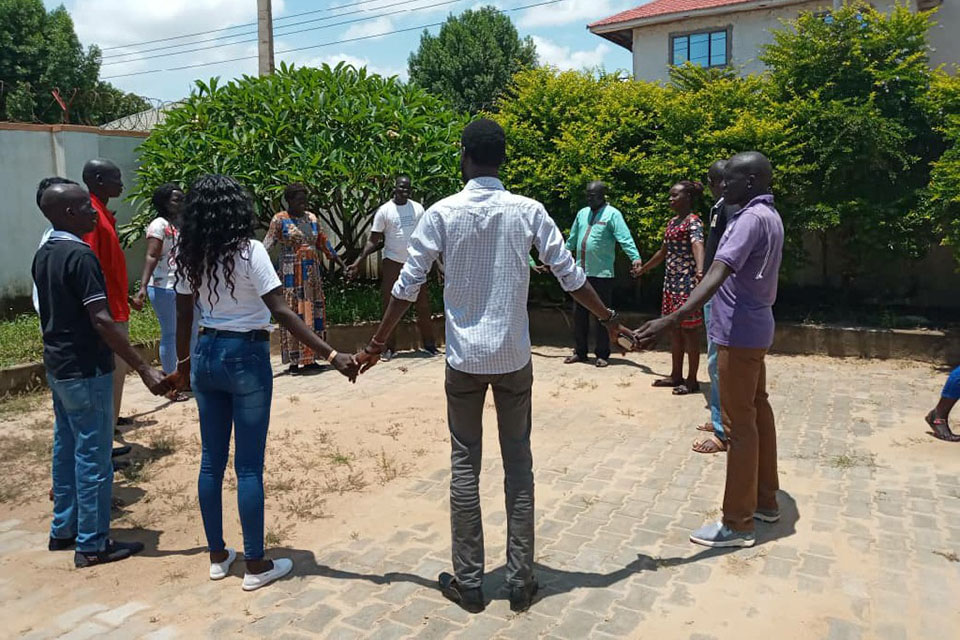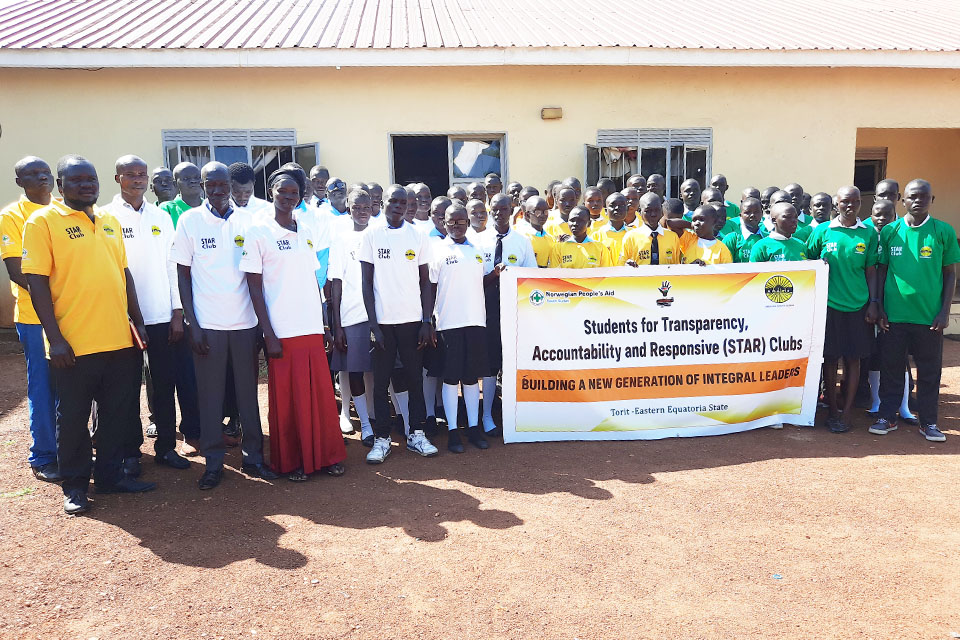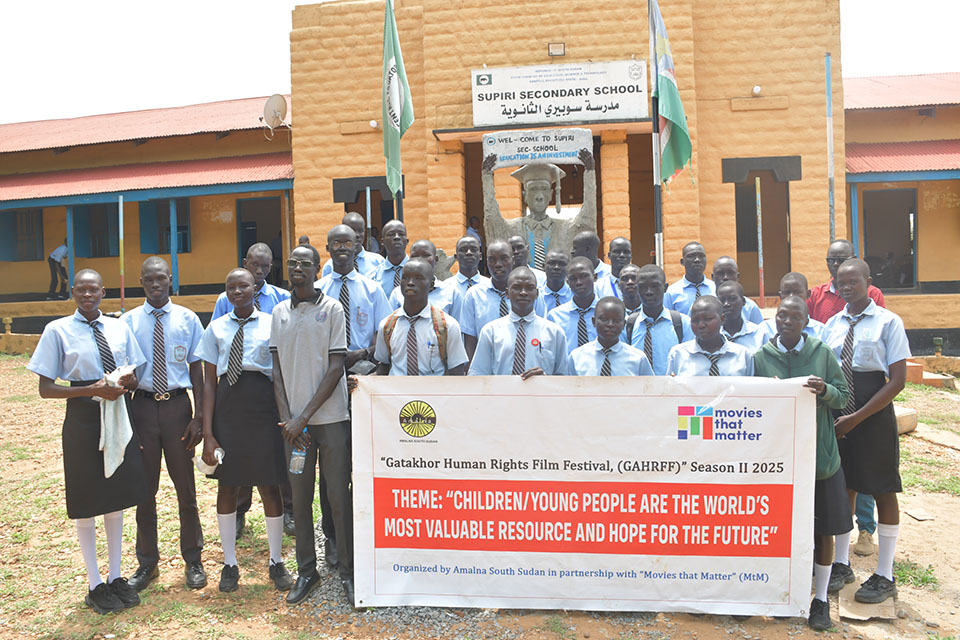Empowering Youth Through Film
Through events like the Gatakhor Film Festival, we provide a platform for young creators to tell their stories and explore vital human rights themes.
Giving a Voice to the Vulnerable
Our humanitarian response goes beyond material aid. We document and share the stories of those affected by conflict, ensuring their experiences are heard.
The Power of Media in Peacemaking
From our studio, we produce engaging radio dramas and films that carry messages of hope, accountability, and human rights to communities across the nation
Engaging Tomorrow's Leaders
Our workshops provide safe spaces for students to learn, discuss critical issues, and develop the skills needed to lead their communities towards a peaceful future.
Join Us in Strengthening and Empowering
The Youth, Women and Children
Who we are
The name “AMALNA” comes from an Arabic word “Our Hope”. AMALNA is a non-partisan Not-for-Profit organization experience in film and radio drama production, theater performances and registered since 2016.
Our mission is to empower and strengthen the youth, women, children and the citizenry through edutainment, information and communication tools that will build a peaceful South Sudan characterized by accountability, good governance and democratic, respect for human rights, peaceful co-exist and value diversity.
Our Projects
Changing the odds of corruption affecting peace and national development in South Sudan. South Sudan is a young, but wealth nation blessed with many natural resources …
Was a program where community leaders, government representatives and Civil Society experts discuss issues that are affecting Children’s education.
This protocols include wearing face masks, washing hands regularly with soap and water, hand sanitizing, social distancing and avoiding crowd.
Sawa Shabab (Together Youth) series session 1 & 2 was initially produced locally by Free Voice South Sudan and session 3 & 4 by Amalna South Sudan …
Human right abuses have been highly recorded in South Sudan up to date that include those that affect children.
Get Involved
When you get involved with Amalna South Sudan, you are helping our strive to achieve social behavior change in our communities.
As a nonprofit organization with focus on youth and women empowerment, peacebuilding, governance and democracy, human rights and basic social delivery, AMALNA strives to work with everyone.
Regardless of age, ethnicity, religion, we hope to empower every vulnerable groups in our communities to have an opportunity to learn, grow and speak.
Gatakhor Human Rights Film Festival
Human right abuses have been highly recorded in South Sudan up to date that include those that affect children. Some of the Human rights abuses perpetrated on children include recruitment of children as child solders, forced labor, killing and maiming, child abduction, rape, child and forced marriage forcing children especially girls to live a miserable live. It was reported that an estimated 2.8 million children are out of school in South Sudan which counts for about 23% of the total population.
According to human rights watch, “Authorities failed to ensure accountability for grave violations. Impunity continued to fuel violence, with civilians bearing the brunt of systematic sexual violence against women and girls, the ongoing presence of children in fighting forces, and others”.
Our Team
Our Approach
COMMUNITIES HELPED
PARTNERS
PROGRAMS
COMPLETED PROJECTS
Our Partners
